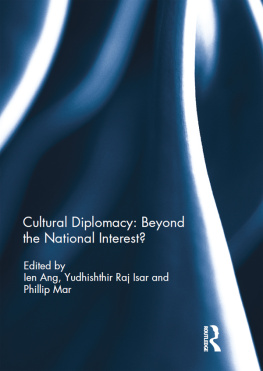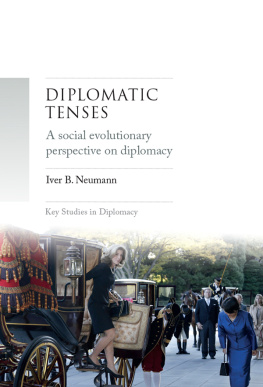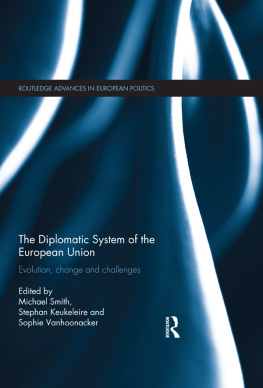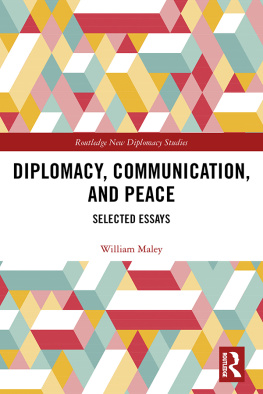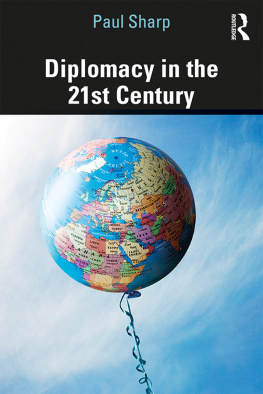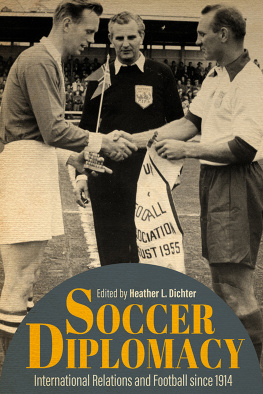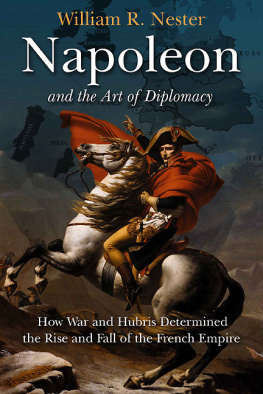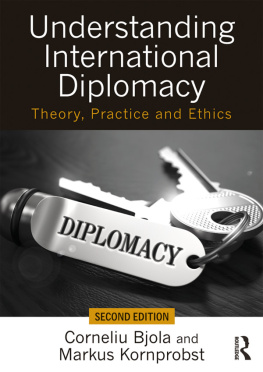Contents
The Age of
Louis XIV
The Age of
Louis XIV
The Rise of Modern Diplomacy
William James Roosen

Originally published in 1976 by Schenkman Publishing Company.
Copyright 1976 by Schenkman Publishing Company.
Published 2013 by Transaction Publishers
Published 2017 by Routledge
2 Park Square, Milton Park, Abingdon, Oxon OX14 4RN
711 Third Avenue, New York, NY 10017, USA
Routledge is an imprint of the Taylor & Francis Group, an informa business
Copyright 2013 by Taylor & Francis.
All rights reserved. No part of this book may be reprinted or reproduced or utilised in any form or by any electronic, mechanical, or other means, now known or hereafter invented, including photocopying and recording, or in any information storage or retrieval system, without permission in writing from the publishers.
Notice:
Product or corporate names may be trademarks or registered trademarks, and are used only for identification and explanation without intent to infringe.
Library of Congress Catalog Number: 2013018375
Library of Congress Cataloging-in-Publication Data
Roosen, William James.
The age of Louis XIV : the rise of modern diplomacy / William James Roosen.
pages cm
Originally published: Cambridge, Massachusetts : Schenkman Publishing Company, 1976.
1. Diplomatic and consular service--History. 2. France--Foreign relations--1643-1715. I. Title.
JZ1444.R66 2013
327.44009032--dc23
2013018375
ISBN 13: 978-0-87073-581-3 (pbk)
To Suzanne, Andrew and Laura
Contents
Middling and Minor States
Preparation
The Journey
The Arrival
Departure
In a long forgotten play, a fictitious envoy from Spain to a German court analyzed the benefits of diplomacy over war:
For an intelligent man, is there anything more absurd than war? And by its very nature isnt war the born enemy of diplomacy? What objection can you make to a hundred thousand bayonettes and what argument can oppose a cannon shot? War is the misuse of power, the triumph of force; where the saber reigns thought is mute and civilization exists no longer....But, when in the silence of an office, a man using only the influence of reason in happy and skillful combinations is able to put a limit on ambition, to maintain equilibrium and peace between the different powers, and to force men to be happy in spite of themselves without taking up arms and without spilling their blood, that!, that is something which cannot be admired too much; that is something beautiful, something sublime. It is the triumph and the work of genius!
Although written a century and a half ago, these words make sense to us today. They would have made much less sense to people living a century and a half before they were written. In the seventeenth century many people did not assume that war was a scourge to be avoided if at all possible; rather, war was an ordinary part of life in which kings and nobles participated as a matter of course. Despite pious assertions to the contrary, diplomacy was not an activity whose main purpose was to maintain peaceful relations between rulers. Rather, diplomacy was becoming an ordinary activity in which states engaged as part of their normal operations just as they dispensed justice and collected taxes. In the mid-1600 s diplomacy was not so much a substitute for warfare as it was simply the handmaiden which prepared the way for wars arrival, its course, and its departure. Perhaps by the Peace of Utrecht in 1713/14 which ended a quarter of a century of nearly continuous fighting diplomacy had become a substitute for war, but even this is not certain. We can only be sure that diplomacy had become a permanent function of every independent state.
The seventeenth century held other assumptions about war which were different from ours. Total war was not yet known. Thus normal relations like postal communications, visits, and even trade were sometimes maintained between the inhabitants of warring countries. Instead of breaking off all contacts, governments usually maintained some kind of diplomatic relations with their opponents almost from the moment when cannons first began firing. Warfare still followed certain rules of gentlemanly behavior such as allowing defeated enemies to march out of captured fortresses under their colors or negotiating agreements for the mutual exchange or ransom of prisoners. While seventeenth century warfare cannot be called a game, it certainly was more civilized than war has been in the twentieth century.
A number of attitudes about the character and nature of diplomacy were also somewhat different in the seventeenth century from today. For instance, most seventeenth century Europeans assumed that only a limited number of people had a right to know what was happening in foreign affairs. The actual number of elitists ranged from four or five in France to several thousand in the Dutch Netherlands. But no ruler would have accepted the idea that he was obligated to inform the public at large about his diplomacy. As a result, early modern diplomacy was much less subject to the problems which arise today from the conflict between the publics right to know about governmental activities and the necessity that negotiations be kept secret if they are to have much chance for success. The concept of a diplomatic corps did exist but only in a very rudimentary form compared to the well-established principles and customs of today. Let us note one final example whereas today most governments insist on having the exclusive loyalty of their agents abroad, it was not unheard of in the seventeenth century for a diplomat to serve two or even more masters abroad at the same time. In sum, the diplomatic world of the seventeenth century appears to be quite different from ours in the twentieth century.
Historians of early modern Europe who specialize in the study of any particular century, from the Renaissance to the Enlightenment, traditionally preface their work with some variation on the statement that their century somehow is the key period when the transition from medieval to modern times occurred. Such was not the case for the seventeenth century, at least so far as diplomatic institutions were concerned. The fundamental development of using permanent residents rather than temporary diplomats had become established practice a century or two earlier.
A study of diplomatic institutions and practices can also help increase our understanding of the early modern period in general. In recent years there has been widespread criticism of diplomatic history, much of it just. All too often scholars have considered their job simply to be the discovery and narration of every little detail of a negotiation on a certain treaty, of every proposal and counter-proposal, every twist and turn, until eventually the treaty under discussion is signed, sealed, and delivered. Studies of this kind are legion, and they are still being written as doctoral dissertations. But today diplomatic history must be approached in a different way.
[It] must broaden its focus and turn its attention to the ideas, the interest groups, and the institutions that help to mold the policies that the diplomat in the field seeks to execute.... [The diplomatic historian today must] devote more thought than some of his predecessors have devoted to the difficult problem of determining the relationship between structures whether ideological, socioeconomic or institutional and personality in history.


